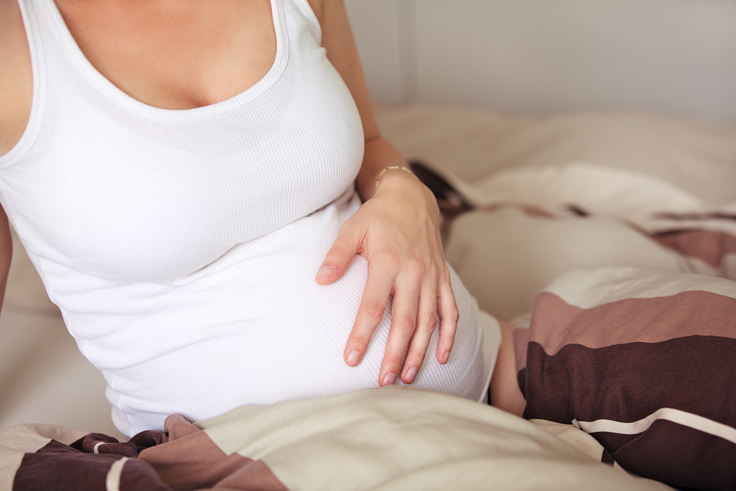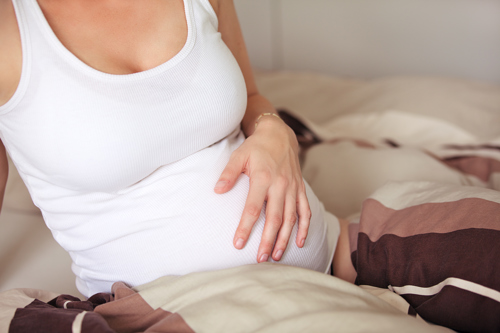Low risk of birth defects from antidepressant use in pregnancy
News
|Updated
This content is archived and will not be updated.

Newborns of women treated with SSRI antidepressants or venlafaxine during early pregnancy have low risk of birth defects, according to a 2015 study from the Norwegian Institute of Public Health (NIPH).
This news article is older than 30 days and the information may be outdated
Go to the home pagePrevious studies have shown varying results when it comes to use of antidepressants during pregnancy and birth defects.
Due to limited knowledge, and the concerns of potential adverse effects of antidepressant exposure, the current guidelines suggest only using SSRIs and venlafaxine during pregnancy when the benefits for the mother outweigh the potential risk for the child.
Low risk
The results of the new study show that 3.7 per cent of the infants that had been exposed to SSRI drugs or venlafaxine had a serious birth defect, compared to 3.2 per cent of the unexposed infants. Among the exposed infants 1.5 per cent had a heart defect, compared to 1.2 per cent among the unexposed infants. There were no large differences in risk of defects between the individual SSRI drugs or venlafaxine.
When the analyses were controlled for familial factors (sibling-controlled analyses), the associated between antidepressant exposure and serious birth defects almost vanished.
“This contradicts previous studies that SSRI drugs or venlafaxine are the direct cause of birth defects”, says the lead author of the study, Kari Furu. Furu is a senior researcher at the NIPH.
Previous studies
Pregnant women are excluded from clinical trials because of the fear of birth defects (teratogenicity). Knowledge about risk and safety related to the use of antidepressant drugs during pregnancy is therefore very limited. The use of drugs in pregnant women must therefore be followed up systematically with observational studies.
Earlier observational studies have yielded varying and conflicting results. These studies have been limited by low statistical power that has been insufficient for studying the correlation between individual SSRI drugs and specific birth defects. In studies on unwanted effects of drugs it can be difficult to distinguish between the effects of drugs and the effects of the underlying condition being treated (e.g. depression). Many of the previous studies have not taken into account important familial factors that may be related to the use of SSRIs and may also influence the risk of birth defects.
About the study
This study included data from 2.3 million births during the period 1996 to 2010. Linking data between national health registries such as the birth registries (information about births, maternal health and birth defects, among others) and prescription registries (drug use) in five countries made it possible to identify 37,000 women that had been given SSRIs or venlafaxine early in pregnancy. In addition, the study identified 2288 children that were included in a sibling controlled analysis in order to study the effect of familial factors. The large size of the data strengthens the statistical power, which gives a high level of precision for risk estimates.
The study is a collaboration between the NIPH and research institutions in Sweden, Denmark, Finland and Iceland.
Reference
Selective serotonin reuptake inhibitors and venlafaxine in early pregnancy and risk of birth defects: population-based cohort study and sibling design. Kari Furu, Helle Kieler, Bengt Haglund, Anders Engeland, Randi Selmer, Olof Stephansson, Unnur Valdimarsdottir, Helga Zoega, Miia Artama, Mika Gissler, Heli Malm, Mette Nørgaard. BMJ, Online open access 17 April 2015

